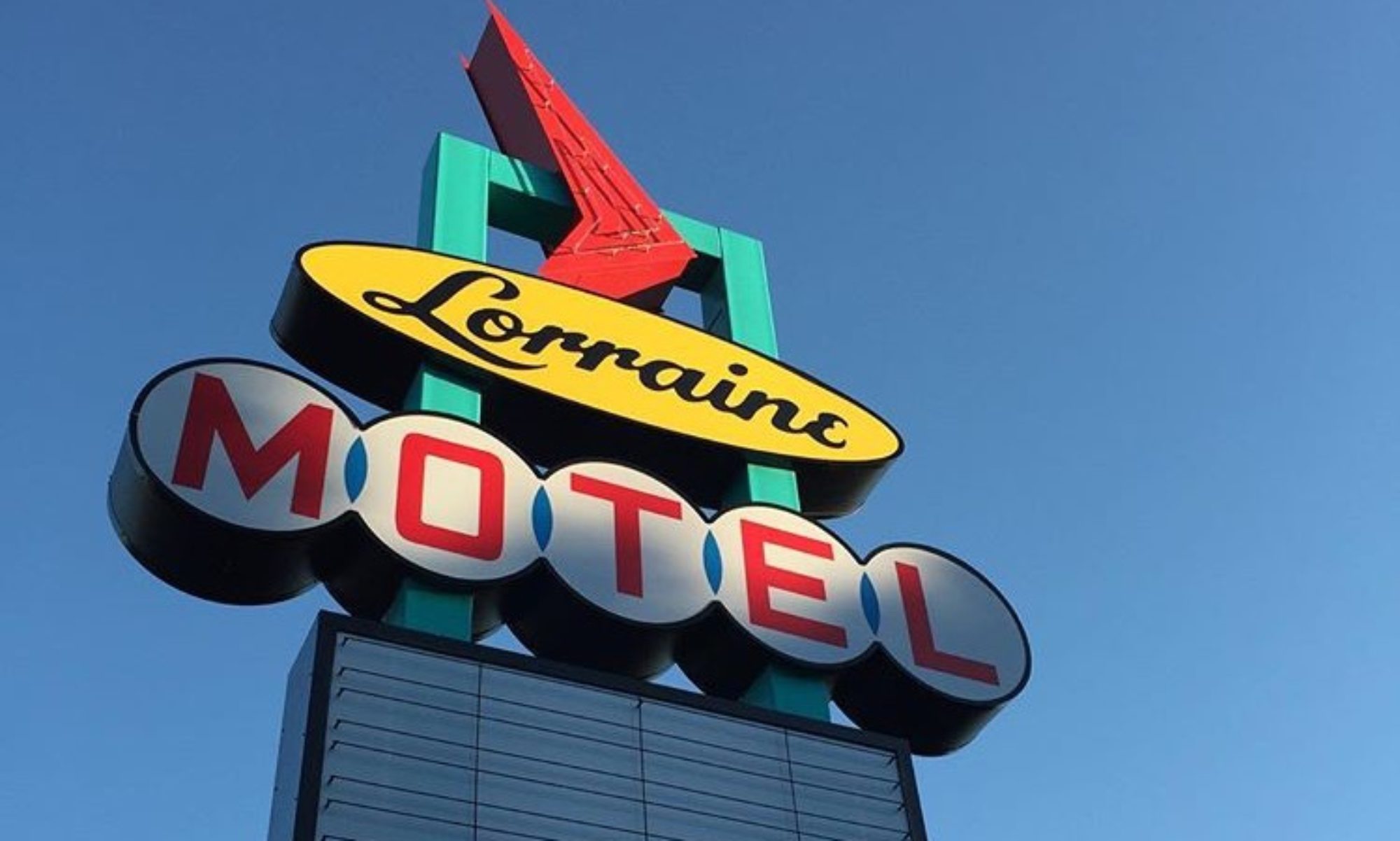Nonprofits. My second job out of college was as a fundraiser for orphans in Latin America and the Caribbean. Orphans. It doesn’t get much more fundraisey than that. Great work, great mission, good feelings. Then, as I got older, I tried to stay involved with nonprofits even when I no longer worked for one—I volunteered, I promoted, and I donated. Then, I lost my job.
Back in the summer of 2009, I had been working for a luxury architect and homebuilder. Talented and ethical bosses, they kept us employed longer than they should have as the industry tanked. When the lay-off finally happened, it was the other shoe dropping. We’d been waiting. It wasn’t personal, it was business.
Plenty of folks run through the scenarios in their heads, “What would I do if I lost my job tomorrow?” Many think, “Oh, I’d cut my cell phone.” Cable TV, a vacation, eating out—those tend to be on the chopping block. What I found was that I couldn’t live without many of those things; cell phones, internet connection, and eating out had become more integral to networking and business than ever before—especially when I had no physical presence in an office, only the green chair in my apartment in St. Paul. I had to be present somewhere. I had to keep myself out there and available. People had to know what I was up to and that I was very employable.
This lasted two years. Call it what you want; depending on the day, I’d say I was unemployed, underemployed, consulting, freelancing, and jobless. The euphemisms were for when they mattered; they could be integral to interviews or when the ego was suffering just too much. Sometimes, I referred to myself as jobless, simply to get the point across that it was a state of employment rather than a personality flaw. It was a big head game but I was usually winning.
Unfortunately, I’m certain that there is a multitude of people out there who can relate when I refer to just how psychologically taxing it is to apply for jobs that we’re both over- and under-qualified to perform. Not getting interviews, not getting offers, not getting call-backs—it all chips away at the sense of self I had when I was “Director of” in my last few positions. The arbitrary nature of the employment game became a subject of study for me. There was no pattern to discern. There were no ploys or strategies that were useful as general application tactics. All bets were off. There were simply too many of us for too few jobs.
I didn’t lapse into a malaise. Not really. I had my moments, I guess, but I was fairly grounded in the reality that I just had to take things as they came. I started as a statistic. According to some people, I was a drain on society. I was leeching from the government while popping bon-bons and watching daytime television (despite cutting the cable). I was balancing negative perceptions of the unemployed—as a group—while just trying to survive—as a single person. I didn’t have to move home, thankfully, though it was always a welcome option (thanks to having awesome parents). But, as I fell off unemployment insurance, exhausted COBRA, and became a more nebulous statistic that didn’t even count as unemployed, I was able to maintain a hold on my purpose and my hope.
How?
I volunteered.
One of the most eye-opening moments of my adult life was when I really saw how much better I had it than so many other people, even when my chips were down. My unemployment check was more than most made working 40 hours a week, though it was a fraction of what I was used to making. I didn’t do anything terribly special to deserve this status, I simply put one foot in front of the other and followed the path laid out for me: High school, college, job with benefits and a nice salary. It was humbling, this privileged path. And, it was hard to figure out what I could do about it.
As I was downsizing my life, I upsized my involvement. I found communities that had no money and I helped. I designed websites. I developed campaigns for start-ups. I served on committees and groups. I was the busiest unemployed person by virtue of my volunteering. It kept me sane and it made me feel good. And crazy.
I never lost my edge because of this volunteering way of life. No wondering if I could still type 80wpm, no wondering if I could still handle the Adobe Design software, no wondering if I could develop WordPress websites with plugins and integration galore. I had it. And it prepared me for this job. My portfolio grew. I was still writing. Reunions happened and I co-chaired the committees. I was open about needing a job at every post I accepted and every function I attended.
I had purpose. A presence. A place to be. And I was needed.
As good as it felt to give of my talents while I felt like I had less than I’ve ever had, it still felt that much better to finally donate my first $5 to a nonprofit again after I got this job. I’m only ten months into being employed again and the headgames are long over—I can do this job and I’m doing it well. But the lasting impact of joblessness will be with me for a long time as will the lessons I learned.
What I found during my years of joblessness is that nobody can really give advice that would apply broadly to all—you can only pick and choose from what other people have learned. Follow your instincts. My instincts told me to get involved and help others.
And to keep heart.
With thanks,
Andy
